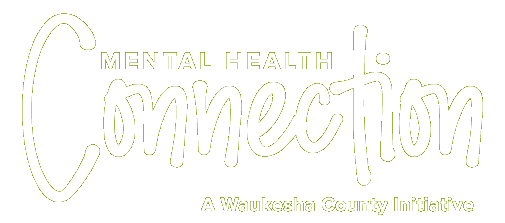Mental health conditions are common among teens and young adults. 1 in 6 live with a mental health condition—half develop the condition by age 14 and three quarters by age 24.
For some, experiencing the first signs can be scary and confusing. Discussing what you are going through with others is an important first step to getting help. Speaking up and asking for help is a sign of strength. You will be amazed by the support you get simply by asking.
A mental health condition isn't your fault or your family's fault—it develops for complicated reasons that researchers are only starting to understand. But we understand a lot about how you can live well with a mental health condition—and you have the power to take the steps necessary to improve your mental health.
Mental health services and supports are available and the earlier you access them the better. Many teens and young adults live full lives with a mental health condition. More and more teens and young adults are speaking out about their experiences and connecting with others. Check out Youth Engaged 4 Change to see what others are saying. You are not alone—there are others out there going through the same things you are.
Mental Health System
Mental Health Warning Signs
Feeling very sad or withdrawn for more than two weeks
Thoughts of suicide; making plans to end your life
Severe out-of-control, risk-taking behaviors that harmful to self or others
Sudden, overwhelming fear for no reason
Not eating, throwing up or using laxatives to lose weight
Significant weight loss or weight gain
Seeing, hearing or believing things that others don't
Excessive use of drugs or alcohol
Drastic changes in mood, behavior, personality or sleeping habits
Extreme difficulty in concentrating or staying still
Intense worries or fears that get in the way of daily activities
Self-harm
“Place your hand over your heart, can you feel it? That is called purpose. You’re alive for a reason so don’t ever give up.”
Facts on Mental Health Concerns
Disorders
Attention Deficit Hyperactivity Disorder (ADHD)
Borderline Personality Disorder (BPD)
Obsessive Compulsive Disorder (OCD)
Post-Traumatic Stress Disorder (PTSD)
Children and Mental Health: Is This Just a Stage?
It’s Okay to Talk about Suicide
Mental Health by the Numbers- Youth
Facts/Resources on Substance Use
“To anyone out there who’s hurting—it’s not a sign of weakness to ask for help. It’s a sign of strength.”
How to talk with your child/loved one about Mental Health
NAMI Parent Support Group
For parents and caregivers who have a child under the age of 18 who is affected by a mental health condition and/or emotional difficulties. Gain insight from the successes of others facing similar experiences.
For family members and loved ones of an individual living with a mental health condition. There are five separate Family Support Groups to choose from.
NAMI Survivors Helping Survivors
For family members and friends 18+ who have lost a loved one to suicide.
Compassion Resilience Toolkit
This free 8-week virtual training is designed for parents and family caregivers of adolescents in Southeast Wisconsin. Participants will be able to meet weekly for 90 minutes from the comfort of their home via Zoom and may be eligible to receive a $50 stipend upon completion of the course with survey participation.
Additional Resources
Find a peer support group










